July 3, 2019
Gig economy and freelance workers would prefer secure work
 Freelancers, the self employed and workers in the so-called gig economy may like the flexibility but they would prefer a steady job, according to new research from the Centre for Economic Performance (CEP). The rise of non-traditional work arrangements is not due to workers wanting or demanding these jobs, but rather because they have no other choice the report concludes. What’s more, workers would agree to earn less in order to increase their employment security. The results come from analysis of data from over 4,000 UK and US workers, who were surveyed on their current work arrangements and the job attributes they most want. (more…)
Freelancers, the self employed and workers in the so-called gig economy may like the flexibility but they would prefer a steady job, according to new research from the Centre for Economic Performance (CEP). The rise of non-traditional work arrangements is not due to workers wanting or demanding these jobs, but rather because they have no other choice the report concludes. What’s more, workers would agree to earn less in order to increase their employment security. The results come from analysis of data from over 4,000 UK and US workers, who were surveyed on their current work arrangements and the job attributes they most want. (more…)






 According to
According to 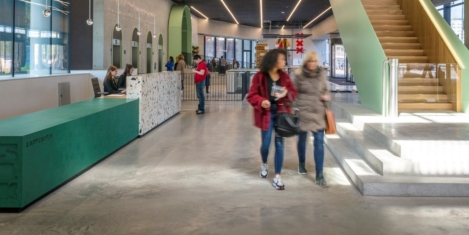
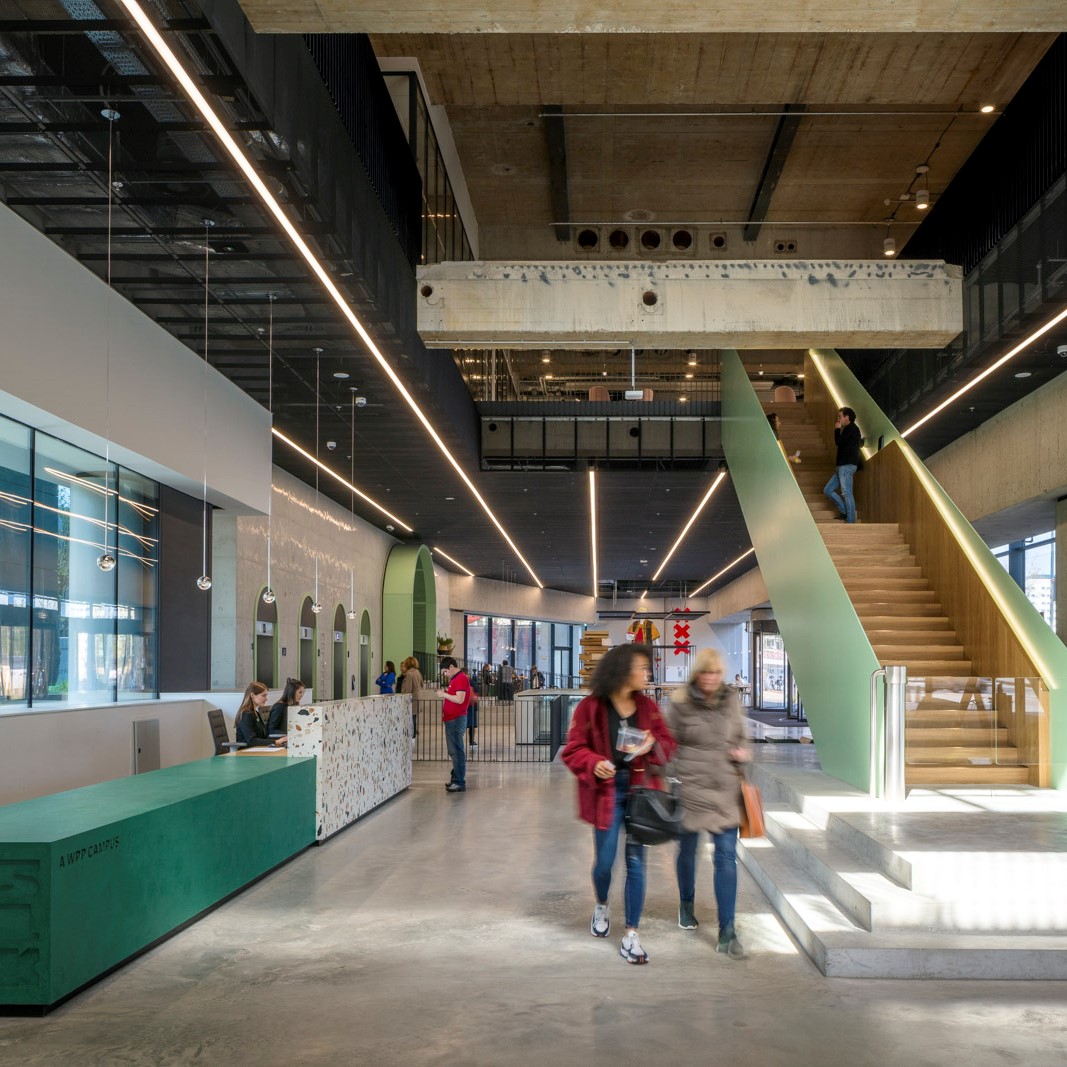

 For decades the trend among workplaces has seen employees moving out of individual offices and into open plan spaces. This has not always been successful, with the open-plan approach
For decades the trend among workplaces has seen employees moving out of individual offices and into open plan spaces. This has not always been successful, with the open-plan approach 
 The use of technology to support communication and collaborative working in an increasingly digital and flexible world is something many of us recognise. However, a global study released today by
The use of technology to support communication and collaborative working in an increasingly digital and flexible world is something many of us recognise. However, a global study released today by 

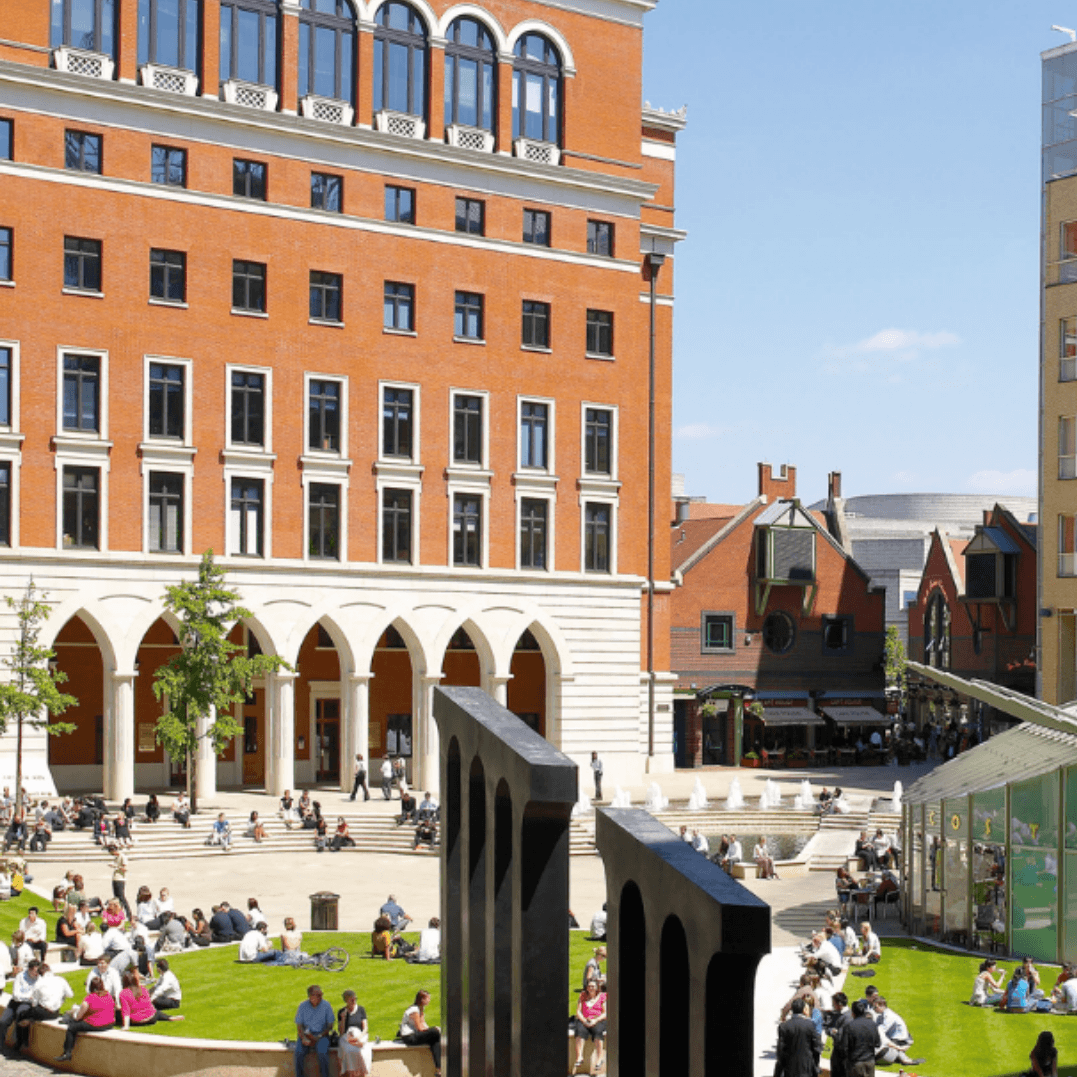
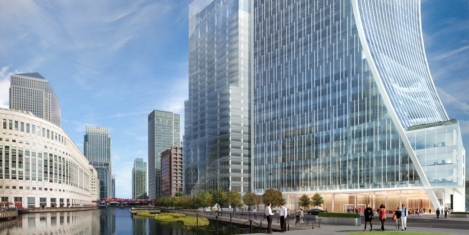

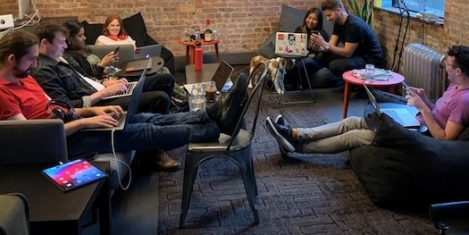
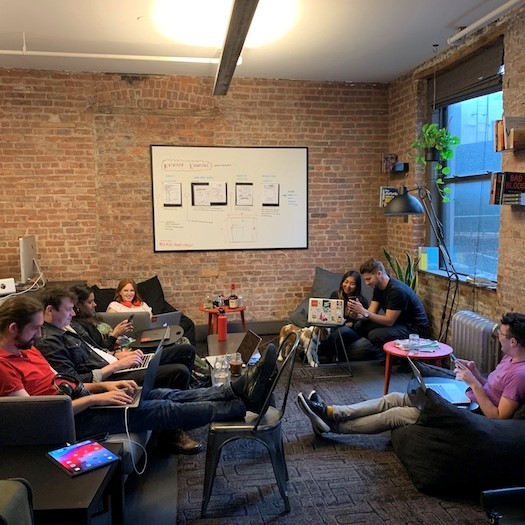 Most US workers prefer to spend some time in an office (83 percent) over fully working from home, according to
Most US workers prefer to spend some time in an office (83 percent) over fully working from home, according to 


 UK SMEs are losing out to big tech in the battle to recruit top tech talent, according to Robert Half UK’s new report,
UK SMEs are losing out to big tech in the battle to recruit top tech talent, according to Robert Half UK’s new report, 







June 20, 2019
The case for a shorter working week
by Shainaz Firfiray • Comment, Wellbeing